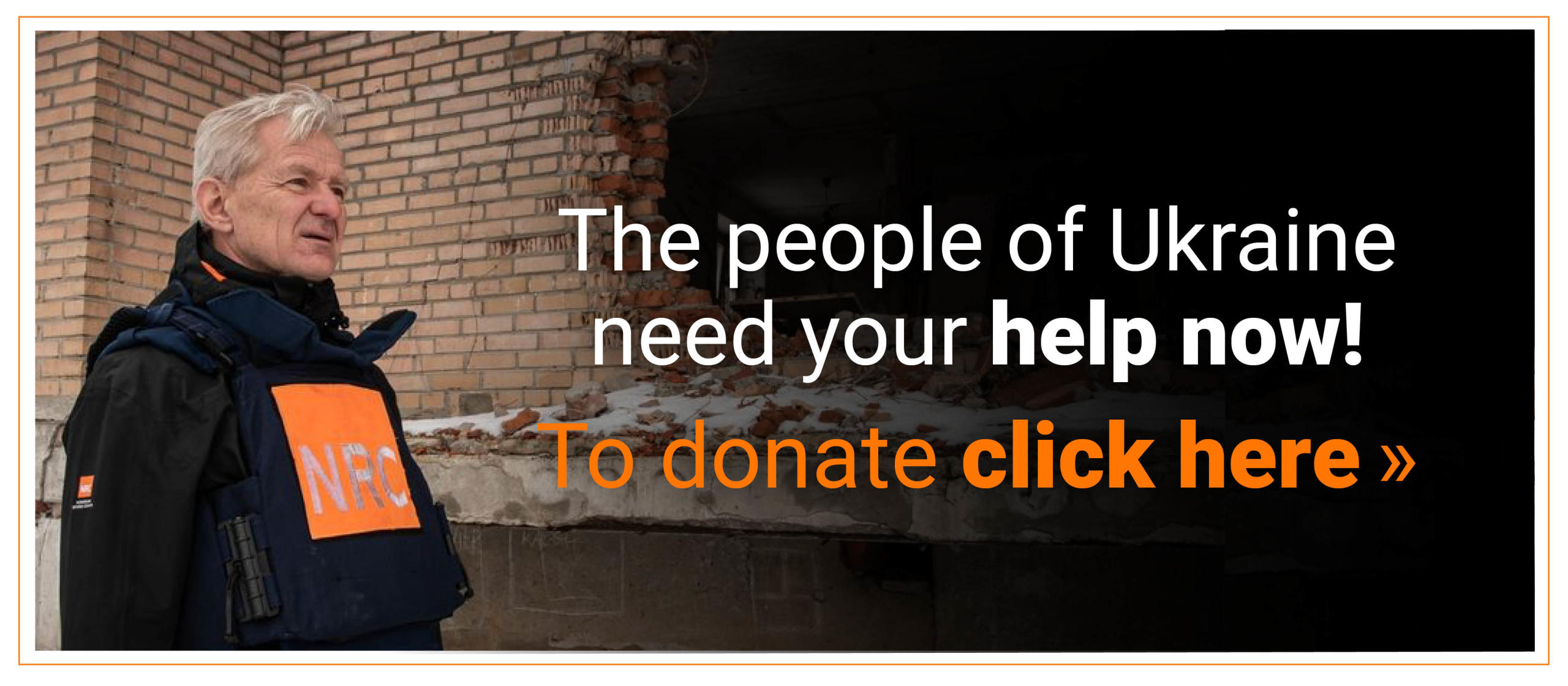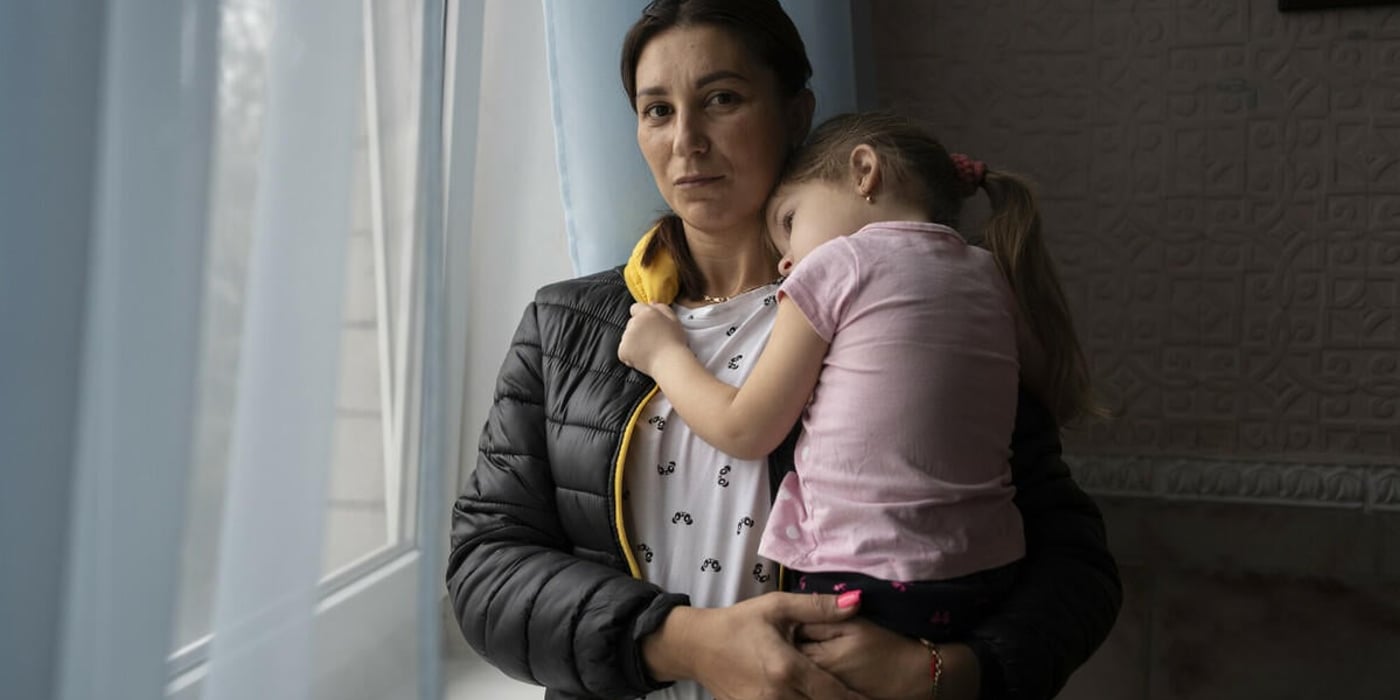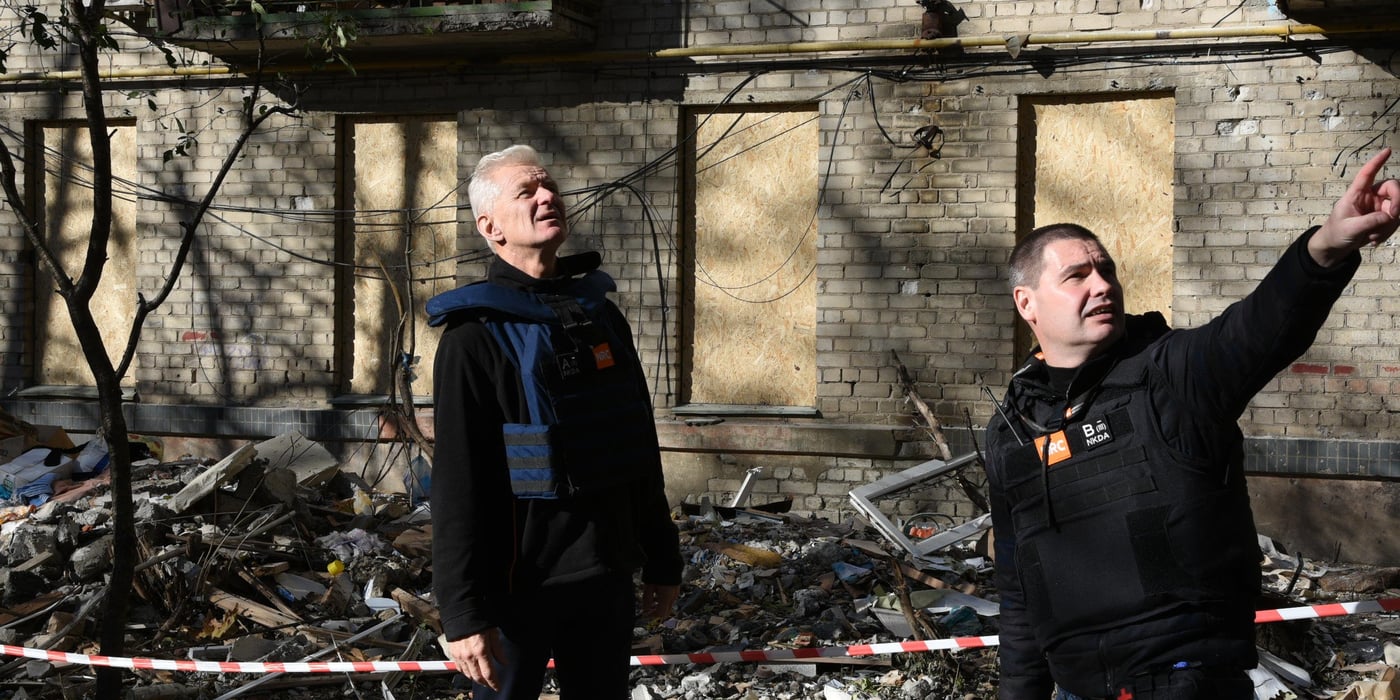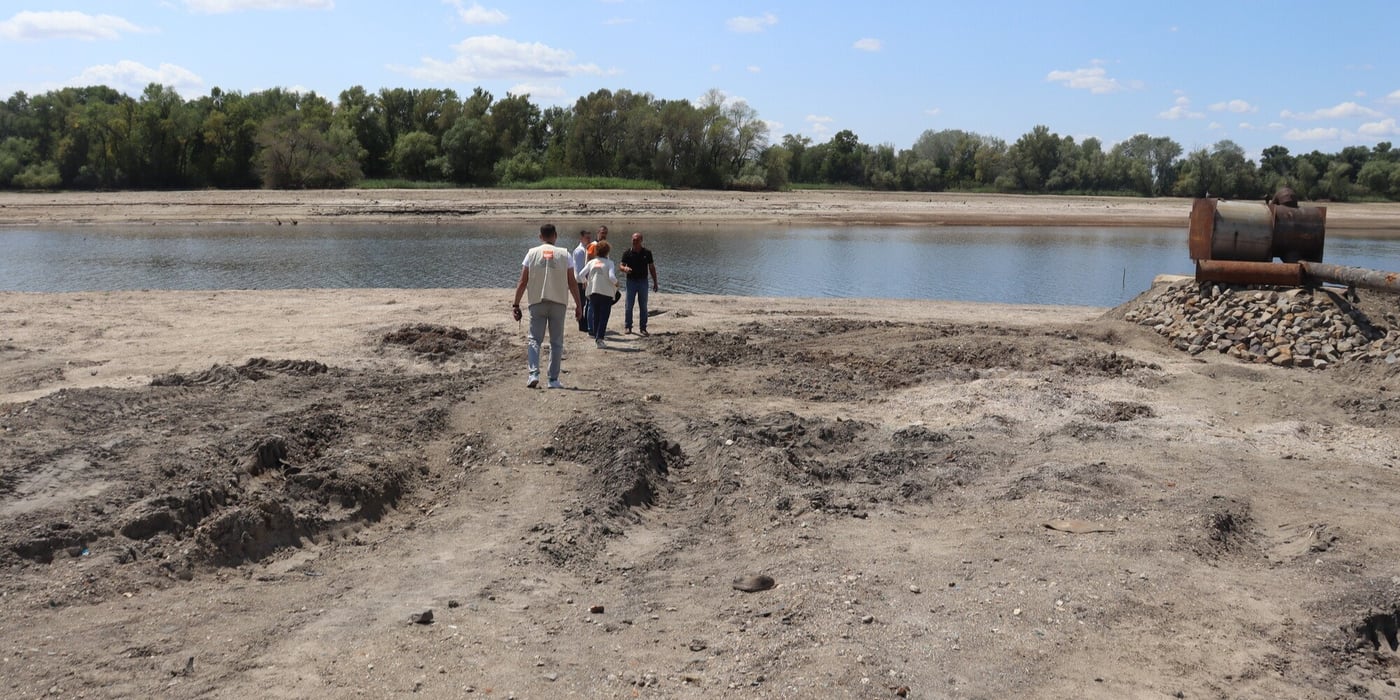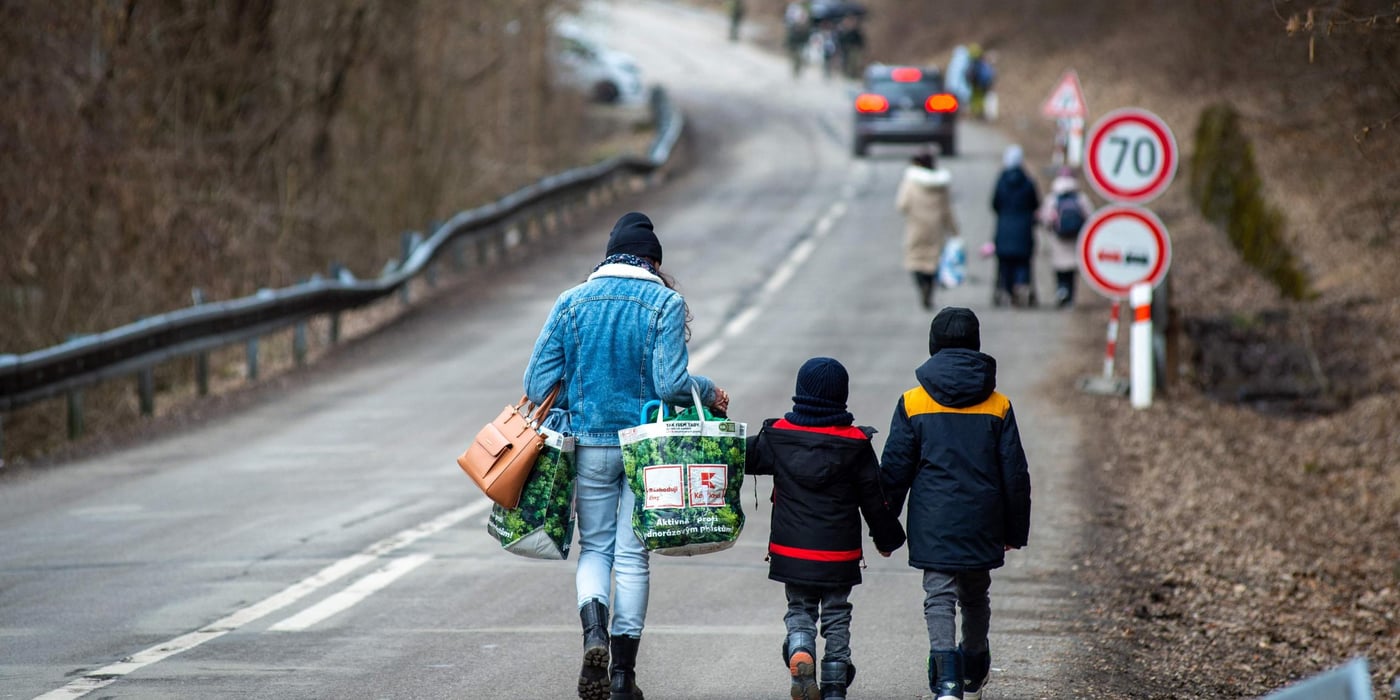
Even before the recent military offensive, the conflict had led to the deaths of over 3,000 civilians since 2014, with more than 7,000 injured. Over 50,000 houses had also been completely or partially destroyed.
Forced to flee
“Even before the military offensive almost one million people were displaced within Ukraine after eight years of conflict – and many are now being forced to flee for a second time,” says Skarstein.
Skarstein emphasises that if the conflict continues, it could lead to a major crisis.

“If the conflict continues, we expect a major humanitarian crisis within Ukraine. Millions of people will be affected, and many will be forced to flee within the country and need emergency aid,” she says.
“We must remember, however, that this is a conflict that is taking place within Europe and in an area with relatively resourceful neighbouring countries. Even if millions of people were to be displaced, neighbouring countries – with the support of the rest of the EU and Europe – should be able to handle the refugees in an effective way.”
Help for the most vulnerable
The Norwegian Refugee Council (NRC) has been present in Ukraine since 2014, helping more than 700,000 people with food, shelter, water, sanitation and legal aid.
Read more about our work in Ukraine.
“Our colleagues on the ground are now planning how we can step up our relief work and meet the increased humanitarian needs. There will be a need for food, water and shelter. Preliminary reports show that the markets in Ukraine are still functioning, and we will therefore focus on reaching out with financial support to the most vulnerable families, so that they can secure for themselves what they most need in the face of the current crisis,” says Skarstein.


